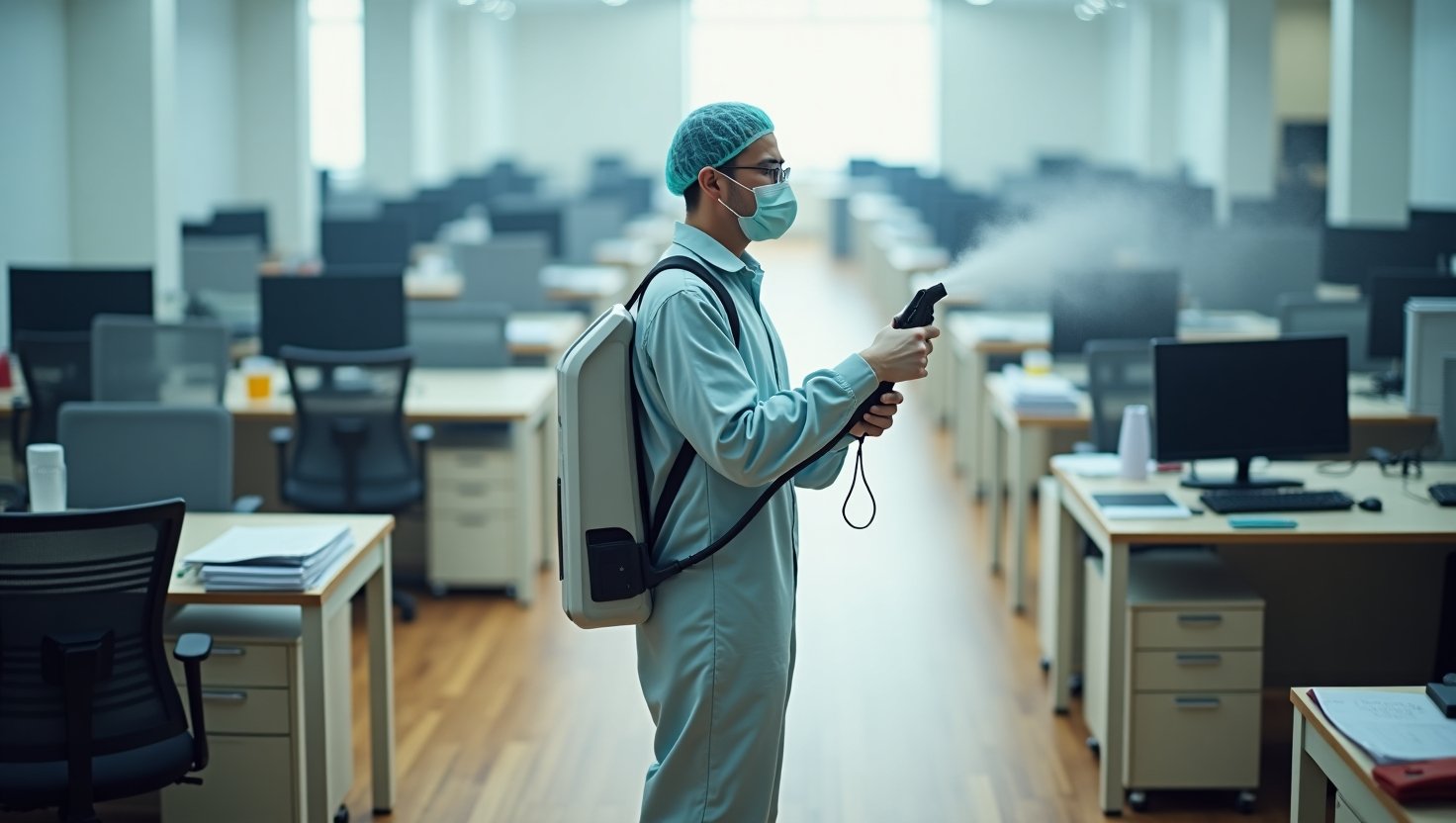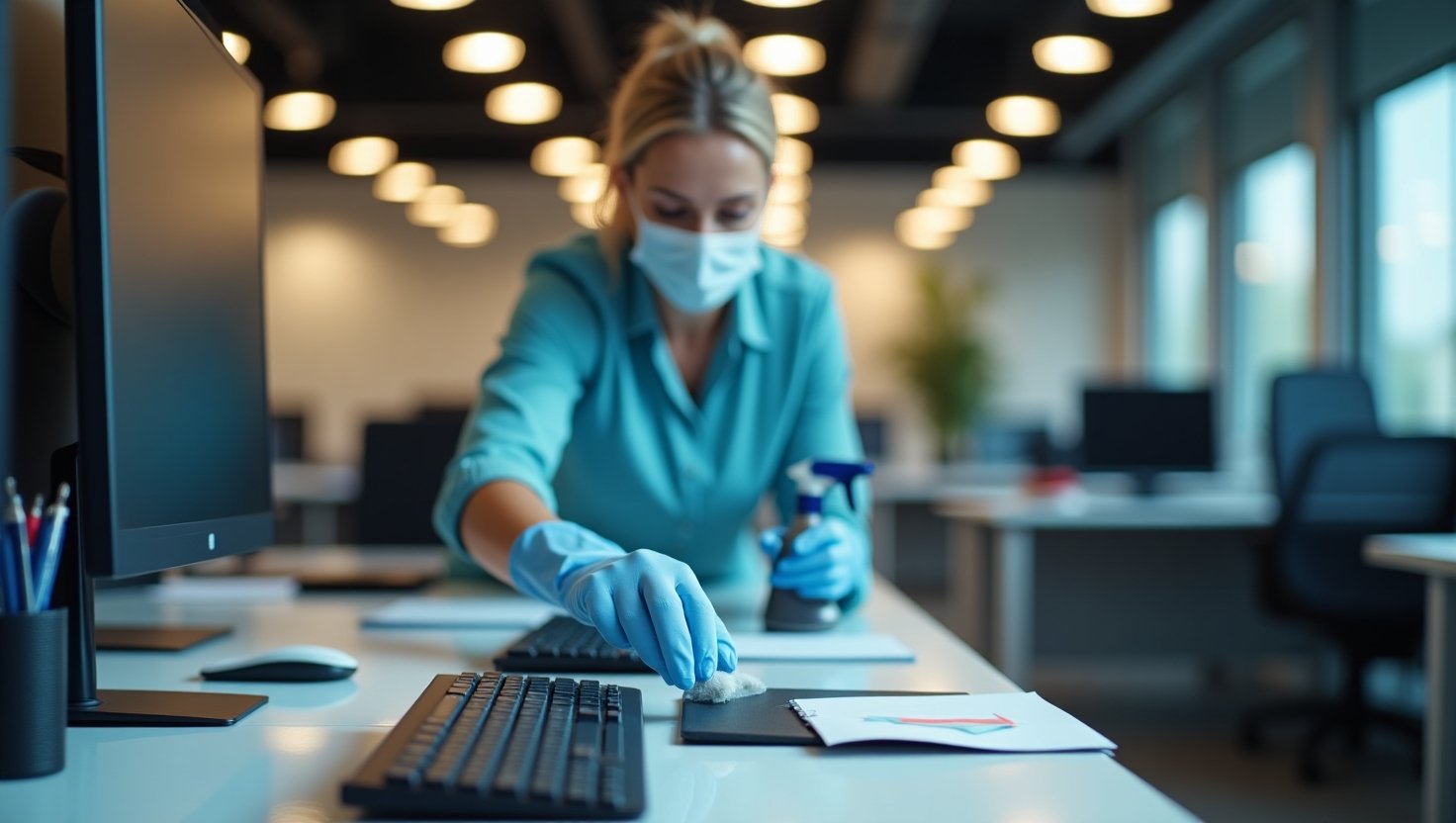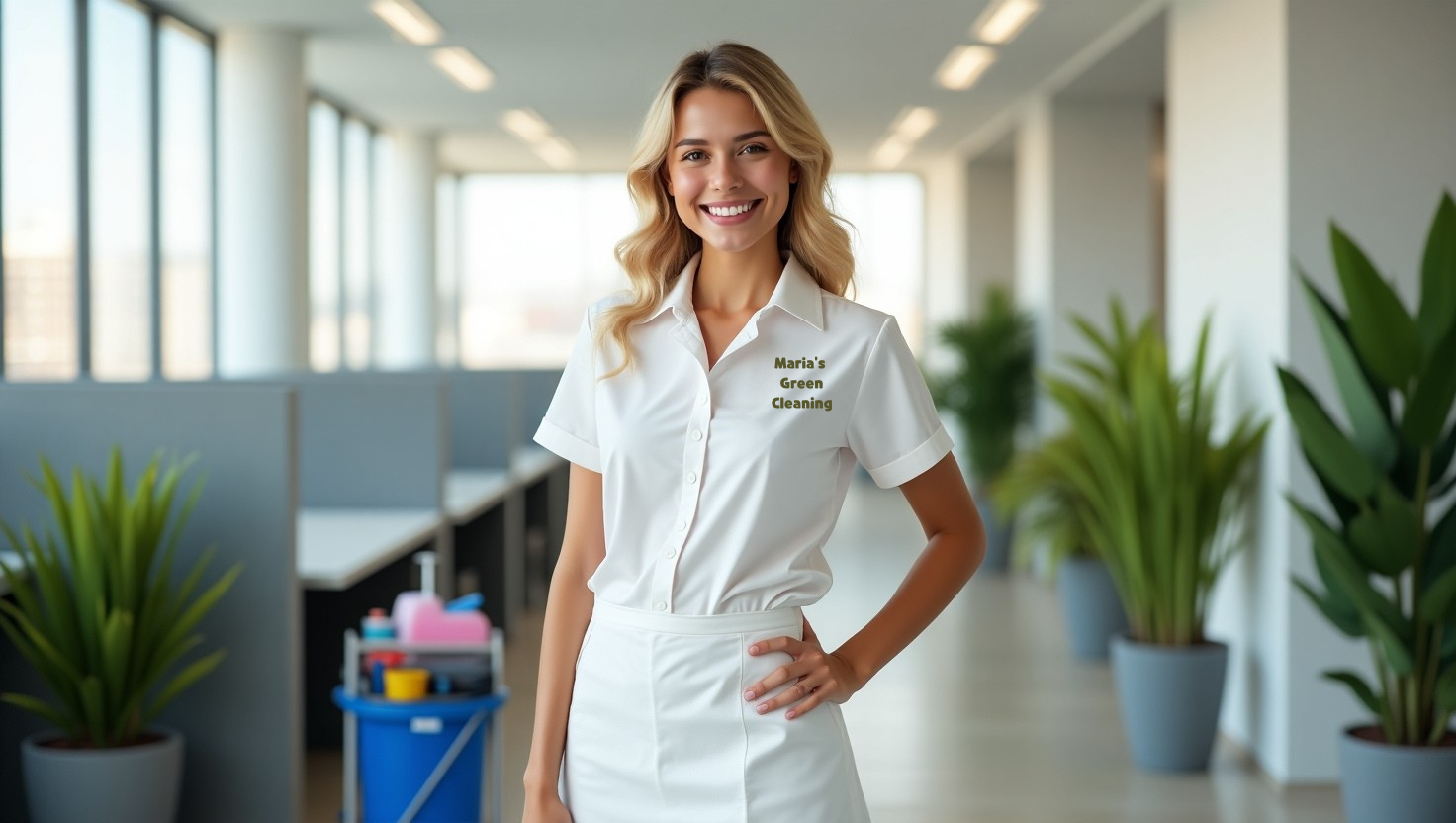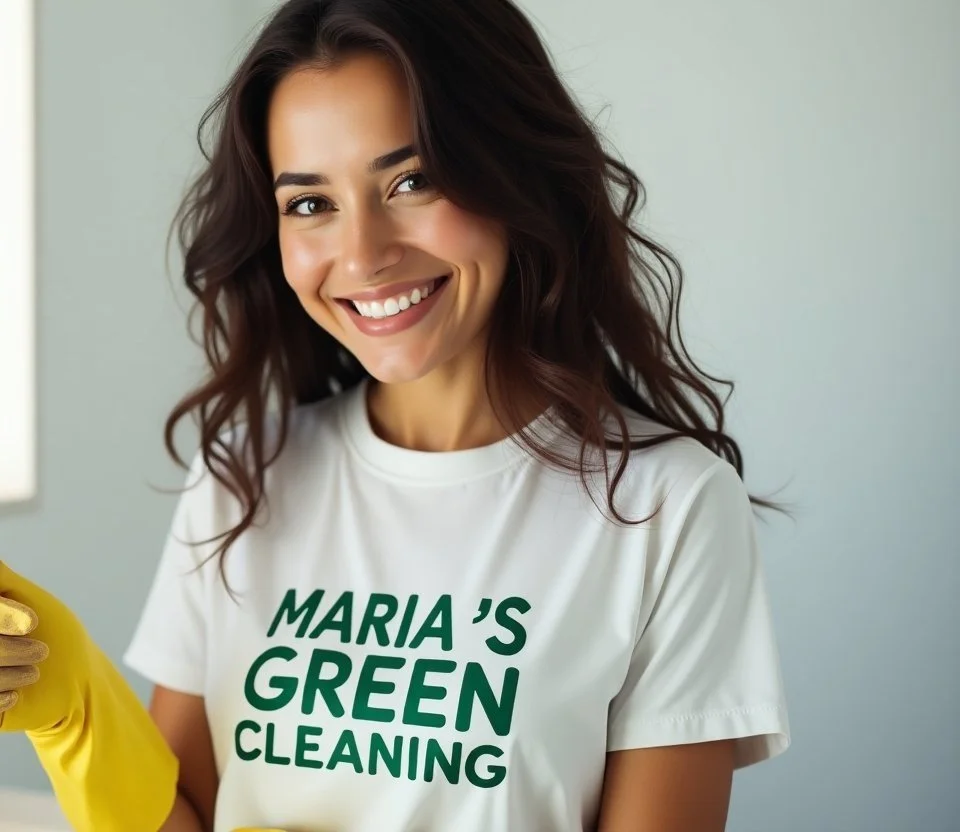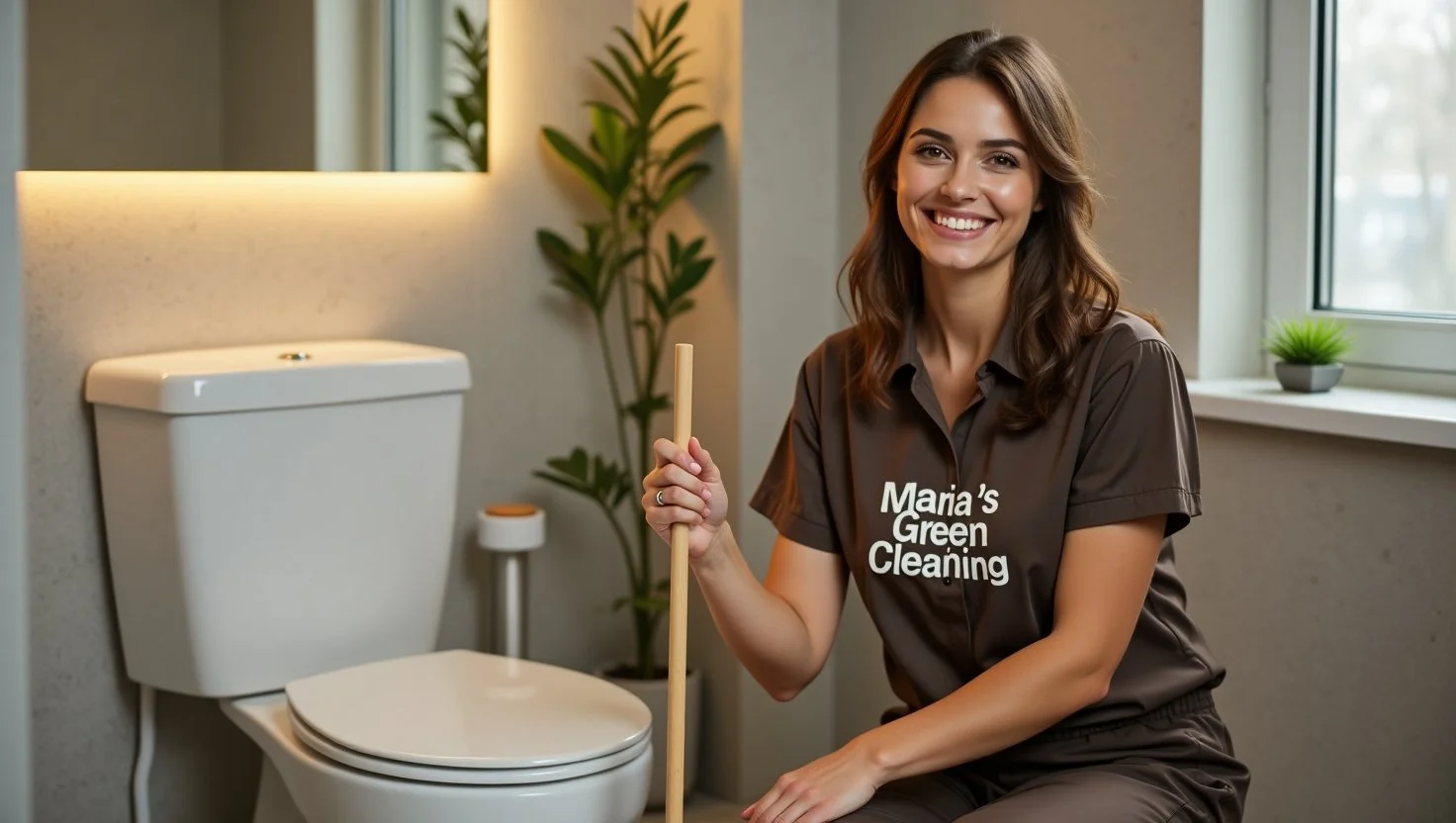Office Cleaning And Coronavirus Disinfection Cleaning Services
/According to a new survey, after the ‘Stay Home, Stay Healthy’ period is lifted, about two-thirds of Seattleites say they’re willing to keep up social distancing for as long as required. Most city residents don’t envision anything resembling normal for a long time. Many respondents said they want one of two things to happen before distancing can be put to rest: a remarkable drop in COVID-19 cases or extensive antibody testing.
Also Check Out Our: Was Jeff Bezos Poor Before Amazon?
Understanding How Office Cleaning And Coronavirus Disinfection Services Can Support Washington's Reopening Phases
Governor Jay Inslee rolled out four phases to Washington’s reopening plan, which are expected to last until at least July. Each phase will last at least three weeks before moving onto the next phase. Currently, we’re in the phase of the initial stay-at-home with some modifications outlined at the end of April. This would include allowing low-risk construction, fishing, hunting, and park access. By mid-May, retail curbside pickup, auto sales, and car washes could resume with restrictions. Most aspects of car sales will remain virtual, including meeting with a salesperson to car features and financing. Drive-in spiritual ministrations would be allowed given that there would be one car per household. Car windows must stay rolled up, and people aren’t allowed to get out of their cars. Churches aren't allowed to provide any materials, food, or beverages. Large group assembly is still prohibited, and all travel should be essential.
What The Latest Research Findings On COVID-19 Mean For Office Cleaning And Disinfection Efforts
A recent study by the National Institutes of Health reveals the virus that causes COVID-19 is stable for hours to days in aerosols and on surfaces. The virus was detectable in milk packaging containers, elevator buttons, and stainless steel in 2 to 3 days. Survived on mugs, drinking glasses, dishes for up to 5 days, and up to 2 to 8 hours in soda cans, and water bottles. This study suggests that transmission of the new virus could happen via air and people touching contaminated surfaces and objects. It’s imperative that as more businesses open to the public, “high-touch” surfaces must be cleaned and disinfected thoroughly.
Also Check Out Our: 5 Reasons: The Space Needle Is Seattle’s Favorite Attraction
Identifying The Dirtiest Spots In Your Office And Why They Require Professional Cleaning And Disinfection Services
Studies about the COVID-19 show that its lifespan on inanimate objects and surfaces is imperative for facilities managers to identify high touch areas in their premises that are prone to carry the virus and pass on to people who come in contact by touching them. Some of the most frequently touched surfaces in the office are the following:
Elevator Buttons: How many individuals do you suppose use the elevator each day to press the buttons? There are many answers! Almost all of the employees in the building, if you think about it. You may try using your elbow to reach your floor, pressing the button with a piece of tissue paper, washing your hands with alcohol-based hand sanitizer afterward, or even using the stairs.
Door Handles: They are used by everyone in the office. The greater the number of people who do, the greater the range of germs that can spread from one individual to another. To help prevent the spread, you must wash your hands frequently for at least 20 seconds with warm water and soap. Having cleaning personnel in the office to regularly clean and sanitize the door knobs and handles is really beneficial.
Desktop: Approximately 400 times as many germs are present in it as in a toilet seat. That amounts to over 20,000 fungus, viruses, and bacteria per square inch. These pathogenic microorganisms move from one object to another as you touch it, as you have undoubtedly noticed. Ultimately, preventing the transmission of contamination frequently comes down to practicing good handwashing.
Also Check Out Our: How Did Jeff Bezos Succeed?
Computer Mouse: You spend several hours each day with your hand on the mouse. Yes, this is full of dust, food particles, and dead skin cells. Even bacteria that can only survive on hard surfaces for a few hours will continue to be reapply every day when you use your mouse and your hands if you don't keep them clean.
Keyboard: It's likely that you sneeze on it, drop liquids on it, and eat on it. You never clean it, either. In the middle of a puff pastry, you still had to check an essential email. The crumbs and sticky fingers you left on the keyboard are a breeding ground for germs. It might be worse if you and a coworker share a keyboard. Dirt, grease, and snack crumbs are added by each individual.
Telephone: It's possible that the workplace phone is worse than your desktop. They are usually only cleaned when they are sticky. Keeping a supply of disinfectant wipes in your desk drawer is a smart idea. Develop the practice of routinely cleaning your phone, particularly if your coworkers use it.
Water Dispenser: Water dispensers in the office aren't "safer" than regular tap water. Germs can get on bottles during delivery and transport. Your co-workers touch the cooler to get their water, several times a day. To avoid infection, why not bring your own water from home or buy it in bottles.
Understanding The Two-Step Cleaning Process For Effective Office Disinfection
Clean first before you disinfect! Germs can conceal underneath dirt and other material on surfaces where they are not impacted by the disinfectant. Dirt and organic material can also decrease the germ-killing ability of some disinfectants. Our team implements a two-step cleaning process to stop the spread of the virus and ensure protection from infection.
Cleaning: Cleaning using soap solutions removes dirt, stains, grease, and germs on surfaces. Even though cleaning physically eliminates germs from surfaces, it may not necessarily kill them. They may tend to transfer to other surfaces.
Disinfecting: Disinfecting using approved disinfectants will kill germs inhabiting frequently touched surfaces and objects. It does not remove germs from surfaces but destroys them to further reduce the risk of infection.
Experience The Convenience And Benefits Of Hiring Professional Cleaning Services Today
Experience the convenience of hiring a professional cleaning service with Maria’s Green Cleaning today! Call us at (206) 973-3730 and know more about why we have plenty of clients in Seattle, Bellevue, and Lynwood. Our friendly customer service team would be able to provide a quote that would best suit your needs. We are always ready to lend you some helping hands for any cleaning project!

